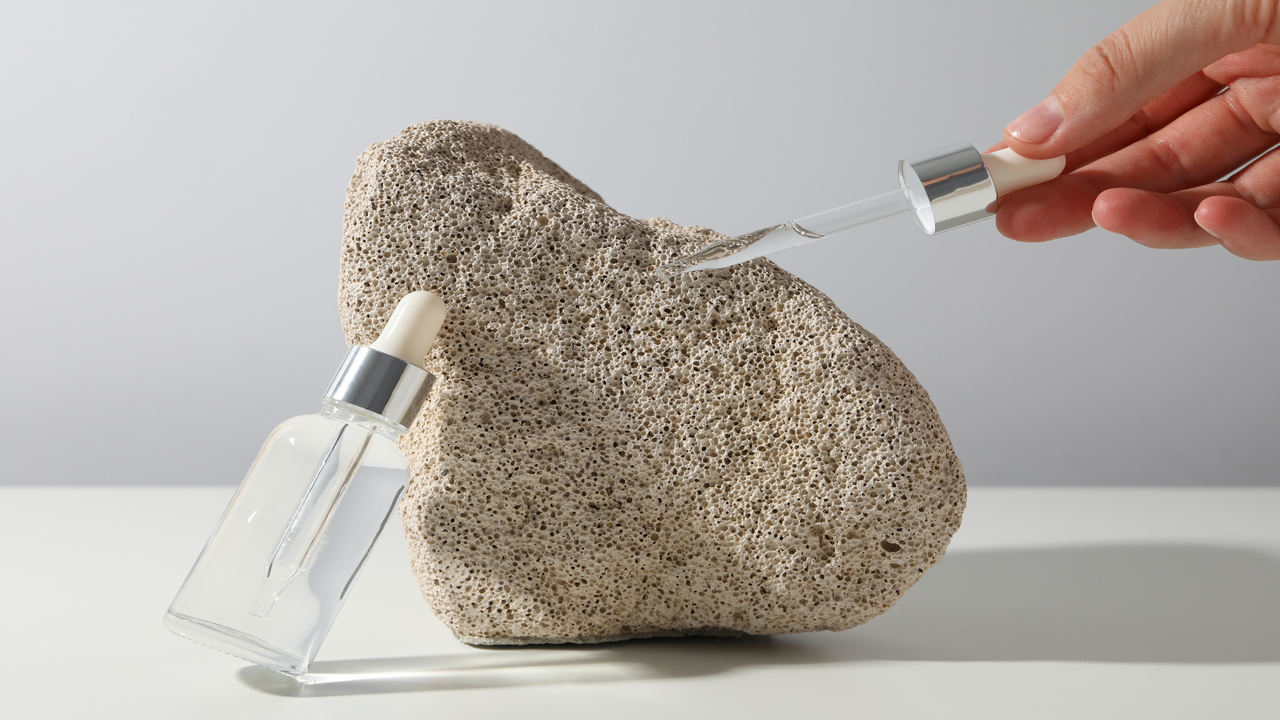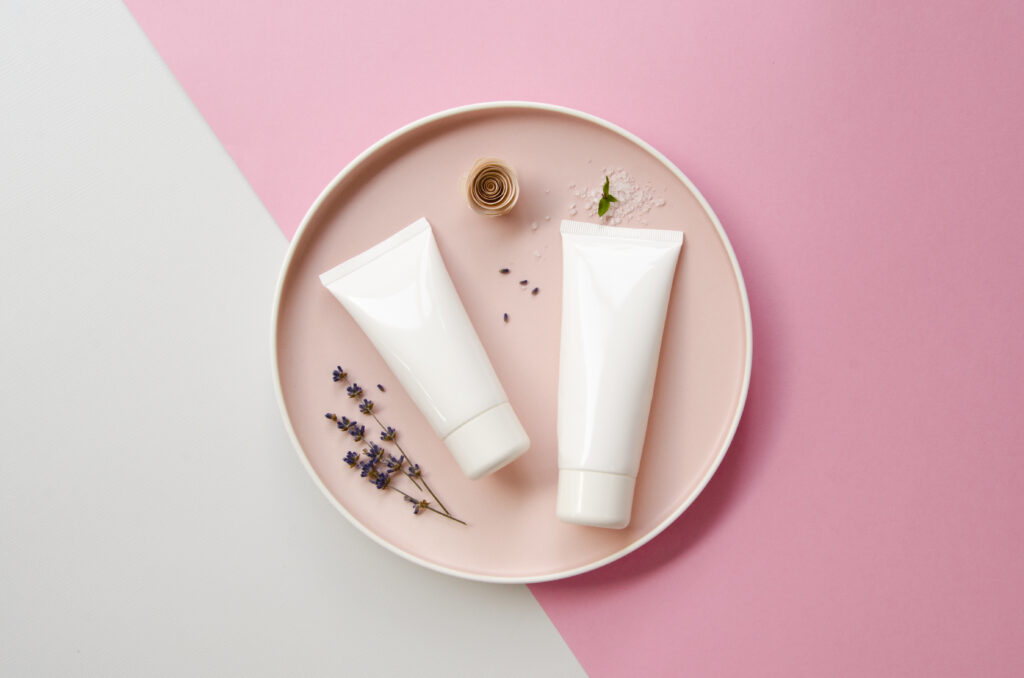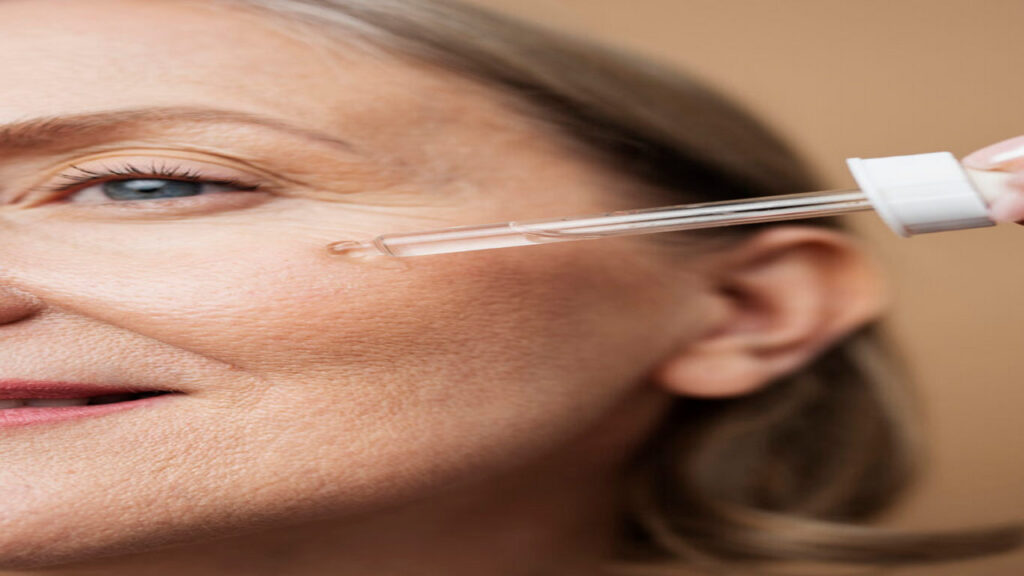Introduction
Hypochlorous acids are rising in the skincare arena, so you may have heard about the hype recently. The soft yet powerful substance that was originally used in the medical field is currently winning its way into enticing the limelight in cosmetic practices all around. Calming redness to fight acne, it is showing up in every mouth. But what and who is hypochlorous acid and why is it magic today? Well, we want to uncover the science, myths and the advantage of this multi-tasking skincare hero.

What is Hypochlorous Acid?
In a way, Hypochlorous acid, (HOCl), is a naturally occurring compound in your white blood cells. It is important in the immune response of your body by combating the harmful bacteria, viruses, and any other measures. In skincare, stable-form replicated it, onto which the same protection and healing effects are projected upon its topical application.
Why is Hypochlorous Acid Used in Skincare?
The beauty industry is ever in search of components that weigh the effectiveness against tact. Hypochlorous acid is exactly the type. It’s:
- Antimicrobial: Assists in the reduction of bacteria that cause acne and do not strip the skin.
- Anti-inflammatory: Soothes skin redness, swelling and irritation.
- Healing: This stimulates the skin healing process of any minor wounds or breakouts.
Being safer and gentler than stronger freezing agents such as benzoyl peroxide or ALT, HCl is easily tolerable and can be even safely applied on the delicate skin matter.
How Hypochlorous Acid Works on Skin
Imagine HF or hypochlorous acid is a body guard to your skin wall. Applied on your skin, it simulates the natural system defense of your body, neutralizing any harmful pathogen and leaving healthy skin flora unharmed. This will provide reduced breakouts, less skin rugae, and an increase in overall balance.
Benefits of Hypochlorous Acid in Skincare
The following are some exceptional effective advantages that highlight why dermatologists and beauty fanatics are cased up with hypochlorous acid:
- Controls Acne: Does not poison the skin but instead uses bacteria to control body acne.
- To Soothe Redness: Calms and red rushes associated with eczema, rosacea and sensitivity.
- Healing Accelerated: Aids in the healing of breakouts, cuts or cosmetic surgery.
- Safe to The Eyes and Sensitive Lots: Soft enough to eyelids and sensitive skin.
- Hydrating Effect: SKIN Tests: Does Not dry the skin like many acne medications do.
Hypochlorous Acid in Medical Use
Hypochlorous acid was used extensively in hospitals and in wound care before it started as a beauty trend. Its antimicrobial properties kept doctors using it as a method to clean their wounds, mitigate infection, and aid healing. The axis of such medical background provides it with good credibility in the skin care space.
Why Hypochlorous Acid is Trending Now
Why are we then not hearing about hypochlorous acid in beauty till a week ago? Two reasons:
- Stabilization Technology: Researchers have determined how to make it shelf stable in skincare formula.
- Idly Substitutes are in Demand: Demand is desired in effectively but non-irritating solutions, and hypochlorous acid provides.
Myths and Facts About Hypochlorous Acid
Myth 1: Hypochlorous acid is just bleach.
True: As much as it has something to do with chlorine chemistry, the hypochlorous acid is not bleach. It is a naturally produced substance in a human body and safe to use topically.
Myth 2: It dries out the skin.
Verity: It, on the contrary, assists in keeping the skin hydrated and healthy in terms of barrier.
Myth 3: Only acne-prone skin benefits from hypochlorous acid.
Fact: It is multitasking – it works well with delicate, rosacea-infested or even normal skin that requires extra defense.
How Skincare Uses Hypochlorous Acid
In various formulations, hypochlorous acid appears in the form of toner, spray and so on. Facial sprays or cleansing spray are now available in many brands and can be exercised in any time of the day to refresh and shield skin. It is also put in post-procedure items to ease the swelling after treatments such as microneedling or chemical peels.
How Makeup Products Use Hypochlorous Acid
As uncommon in makeup, some cosmetic companies are starting to put hypochlorous acid into setting sprays and foundations. This will provide the products with an added advantage- making the skin calm and less likely to become irritated during the time you are putting on the makeup.
Who Can Use Hypochlorous Acid?
The beauty of hypochlorous acid is we can nearly all use it. You can use it on acne and/or rosacea and/or eczema or when you simply want to improve skin health, and it is free of side effects. It is generally safe even with children and the extremely sensitive skin of people.
Is Hypochlorous Acid Always Necessary?
Although not as essential as sunscreen, hypochlorous acid is also a nice addition to a skincare regimen in case of trouble with irritation, acnes, or frequent outbreaks. On those who have balanced skin it is like a layer of armor on top of their skins.
The Future of Hypochlorous Acid in Beauty
Hypochlorous acid may soon become a household item because as consumers start dedicated to skin health over intense treatments, the product tends to become more popular. You should find it in serums, masks, hair and even scalp treatments depending on research that opens its full potential.
Conclusion
To some extent Hypochlorous acid is not merely a skincare fad, it is an ingredient endured by science, but retained by skin-caring properties that blends the frontiers between medicine and cosmetics. Fight bacteria, cool irritation, and healing Powerful, feel-good on your skin; it has become too much of a necessity in every person you need to maintain a calmer, healthier complexion. Tougher chemicals that undermine your skin barrier alternative, hypochlorous acid is gentle and can be relied on.

